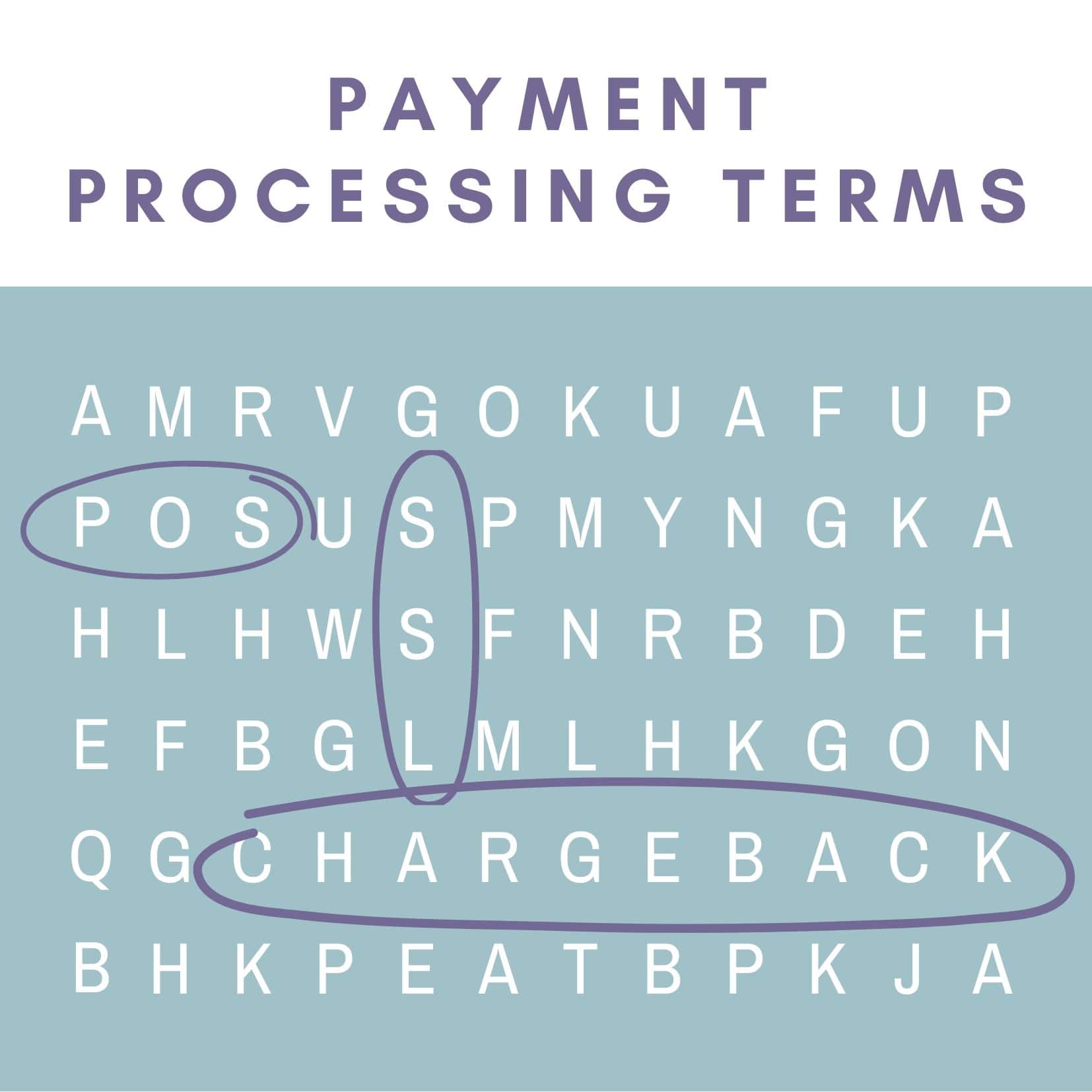sAll About Payment Processing
In this digital age, everyone is favoring online payments. With the benefits of digital payments, merchants, as well as customers, are keen to use them at their advantage. With the evolution of technology digital modes of payments are evolving day by day and as a merchant, you have to be careful with the choosing process.
Choosing the right payment processing and collection solution can do wonders for your business.
So, let’s start with,
What is Payment Processing?
Payment processing refers to automated transactions between customers and merchants. It is generally a third-party service that processes a customer’s payment and debits it in the merchant’s account (if authorized)
Why eCommerce Payments Processing is of the utmost Importance Nowadays?
From business to shopping from education to entertainment, everything is available on digital modes and people are getting comfortable with it. As the modes keep evolving, customers always look for the easiest and fastest way to perform any tasks.
If the merchant can provide a means where a customer can comfortably view products, shop for them, and pay for them from wherever they want, whenever they want with just a few clicks it would be tremendously beneficial for business.
But only providing customers with these means is not enough. Merchant has to make sure that the whole process along with payment processing should is seamless and smooth. Regardless of the business type, smooth payment processing plays a very vital role.
But, do you ever wonder what actually happens when digital payments get processed? Of course, there is no need to go deeper into this unknown territory, but if you are running the business and accepting online payments, you ought to know the basics of the payment processing industry and how it works.
So, without further ado, let’s start. But before that here are some payment processing industry terms every merchant should know about.

Payment Processing Terms every Merchant should Know
Payment Processing Terms every Merchant should Know For any business, collecting payments is one of the most important tasks. Despite the launch...
Now that you are familiar with the terms, let’s start.
Components of the Payment Processing Platform
Any payment processing solution has 3 components:
Merchant account:
For any business that needs to accept payments online, a merchant account is essential. A merchant account is the bank account where the transaction amount collected from customers gets deposited. Without merchant accounts online acceptance of payments is impossible.
Payment processor:
Payment processor handles transactions for online purchases. The payment processor provider communicates with the merchant’s and customer’s banks to know the status of the customer’s credit/debit card. If the card is valid and there are enough funds, the customer’s transactions go through.
In addition to this, the payment processor also takes necessary security measures to ensure the customer’s safety and to eliminate possibilities of fraud.
Payment gateway:
A payment processing gateway as the term suggests is a gateway that connects a merchant account to the payment processor.
People often get confused between the terms, payment processing, and payment gateway?
What is the Difference between Payment Processing and Payment Gateway?
The difference between the payment processor and payment gateway is, the payment processor facilitates the transaction, and a payment processing gateway is a link that connects the merchant account to the payment gateway.

Know the difference between Payment Gateway Providers and Payment Gateway Aggregators
As the title suggests, this article is an insight into the topic “payment aggregator vs payment gateway”, and almost everything in brief that you...
Any Online Payment Acceptance Includes the following Entities,
- A customer: The one who purchases the service or solution
- A merchant: The one who offers and charges for a service or solution
- A payment processing platform: The gateway that gets the transaction amount from the customer, processes it, and debits it to the merchant
- The payment processing gateway: if not combined with the payment processor, a link between the merchant account and payment processor.
- The customer’s bank or credit card company.
- The merchant’s bank.
How does Online Payment Processing work?
The customer initiates the transaction by swiping the card.
The card reader / POS terminal sends a transaction request to the payment processor of the merchant.
The transaction request is then transferred to the card network via the processor.
The Card network forwards this request to the card issuer.
Based on the funds available in the corresponding account, the card issuer either approves or declines the transaction.
The transaction goes through if the authorization is approved. Authorization is nothing but the process of verifying the validity of credit card owners and balances.
If authorization fails, the transaction fails.
After the authorization is approved, the transaction is authorized and the card issuer sends the approval to the card network.
The Card network then sends the approval to the merchant’s processor.
Merchant’s processor forwards this approval to the merchant.
After the cycle completes, clearing and settlement take place.
Payment Processing Flow

Online Payment Processing System for Small Business / Internet Businesses – Common Questions
Question 1: I want to accept online payments for my business. Where do I get a payment processor?
# There are banks and 3rd party payment processing system providers. So, basically go to a payment processing system provider website and register yourself or contact them with your specific need.
If you own a business and need help with getting a Cutomized Payment Solution – Contact Us
Question 2: Are there any fees included to use the payment processor?
# There are different types of fees associated with the use of the payment processor. Here are some of them.
a) Start-up fee
b) Statement fee
c) Transaction fee
d) Credit card processing fee
e) Chargeback fees
f) Address verification fee
g) Termination fees
Question 3: What types of payment methods do payment processors accept?
# The most common payment types that payment processors accept are credit/debit cards. You have to research thoroughly on your business needs before you choose the payment processor.

Online Payment Processing Problems for Businesses
Demand for online payment processing is increasing and so are the problems because ‘Online Shopping’ is here to stay! And it is not related...
Things to consider while choosing a Payment Processor
If you are a business owner and accept online payments, choosing a right payment processor can prove tremendously beneficial for your business. But at the same time, it can be a crucial task. Every business has its own requirements.
Here are some of the key considerations to keep in mind while choosing a payment processor:
Fees:
Every payment processor charges you fees based on the functionality. Some payment processors charge fees on a monthly basis, yearly basis, or in installments. There are different types of fees and before choosing a payment processor every business owner should research thoroughly on this list.
Add-ons:
You can agree that this is the age of add ons. Many payments processing service providers attract businesses based on the add on technologies and equipment they provide with the payment processing solution.
Here are some add-ons payment processing service providers offer:
a) Payment gateway
b) Credit card terminal
c) POS terminal
Customer support:
Customer support is a vital point to consider while choosing a payment service provider. Payment processing is a somewhat complicated process not many of us know deeply. You have to choose a payment processor provider that offers knowledgeable and 24 x 7 customer support.
Payment types:
Nowadays, payments processing system providers support various types of payment types. Considering the requirements for your business, you should choose a payments processing provider. For example, a provider that accepts multiple currencies, a processor that accepts all types of cards, mobile payments, etc.


